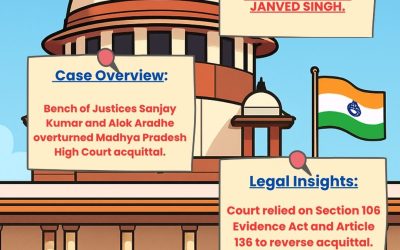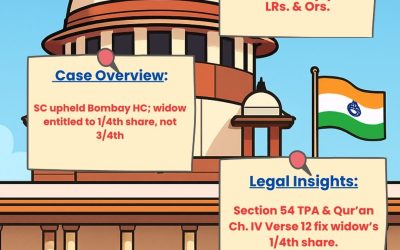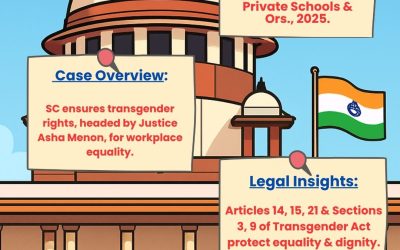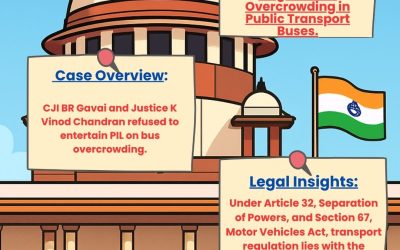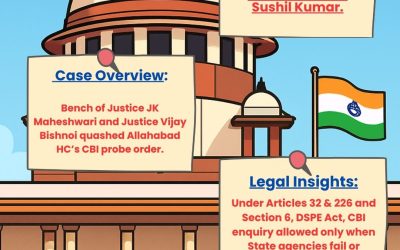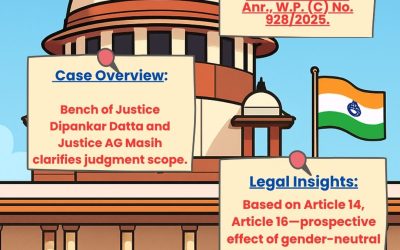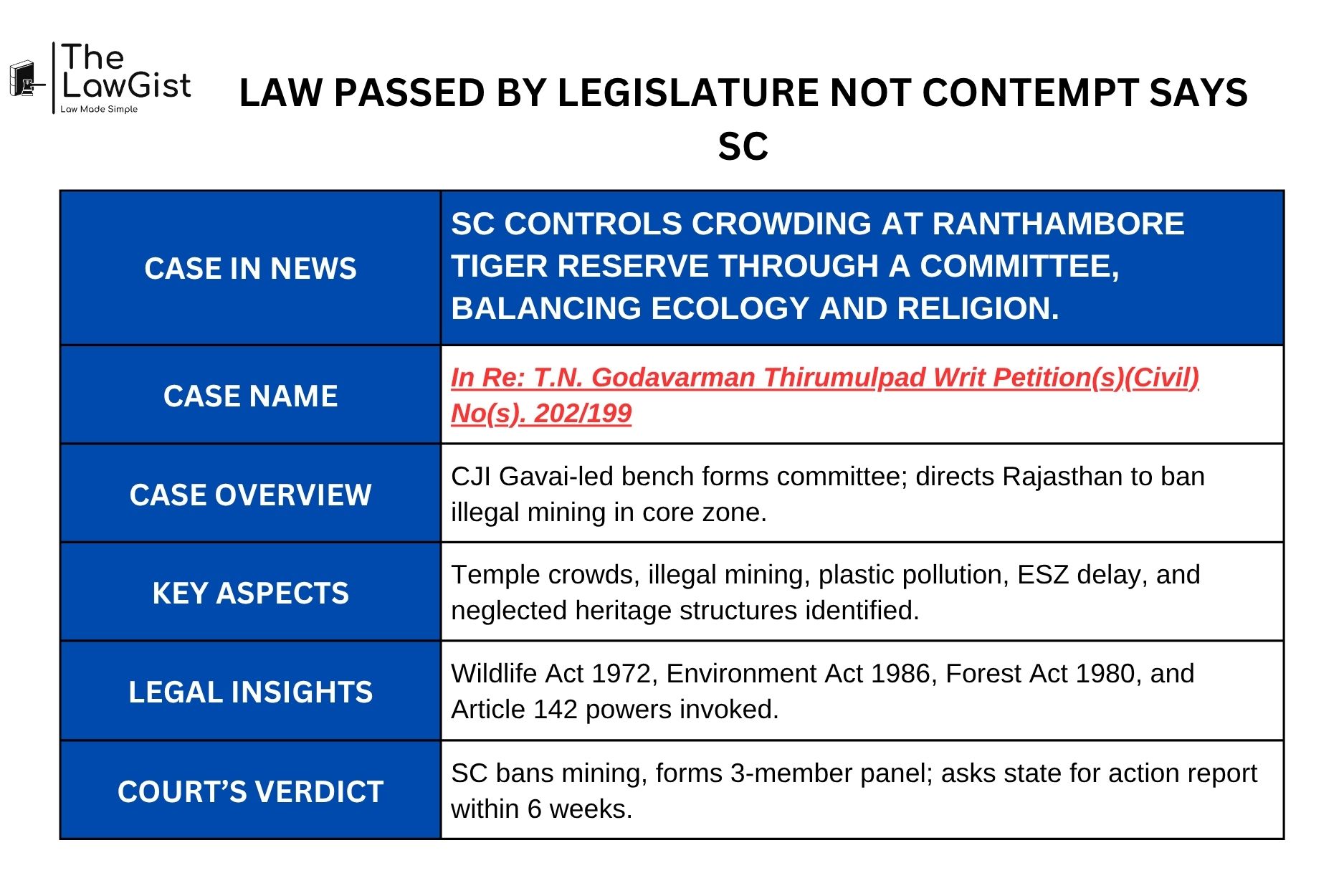
Supreme Court justices affirm legislative powers and uphold separation of powers in landmark contempt ruling.
Gist of NewsLaw passed by legislature not contempt says SC, ruling on Salwa Judum case clarifies legislative power limits. |
Case Overview
Case Name: Nandini Sundar & Ors. vs. State of Chhattisgarh, Writ Petition (Civil) No. 250 of 2007
While closing the long-standing Salwa Judum case, a bench of the Supreme Court comprising Justice BV Nagarathna and Justice Satish Chandra Sharma clarified that the enactment of a law by Parliament or a State Legislature cannot be considered an act of Contempt of Court . The petitioners alleged that the Chhattisgarh Auxiliary Armed Police Force Act, 2011 violated earlier Court directions . The Court emphasized that such legislative action falls within the constitutional mandate unless declared unconstitutional by a competent court .
Key Aspects
The key aspects relating to this case has been mentioned below –
- Allegation that Chhattisgarh’s 2011 Act violated SC’s 2011 order in Salwa Judum case .
- Petitioners claimed the law was a contemptuous act .
- The court examined powers of the State Legislature to enact laws .
- Raised critical questions of legislative competence and separation of powers .
- Whether a new law can nullify or override earlier judicial orders .
Legal Insights
The legal insights relating to this case has been mentioned below –
- Article 245, Constitution of India : Empowers Parliament and State Legislatures to make laws .
- Article 246 & Schedule VII : Defines the distribution of legislative powers .
- Contempt of Courts Act, 1971 : Contempt excludes valid legislative actions unless obstructing justice .
- Doctrine of Separation of Powers : A basic structure of the Constitution protecting legislative autonomy .
- Validation Powers : Legislature can amend or reenact laws invalidated by courts (State of Tamil Nadu v. Arooran Sugars Ltd., AIR 1997 SC 1815) .
Court’s Verdict
The Supreme Court of India ruled that enacting legislation cannot be considered contempt of court . Laws remain valid unless struck down for being unconstitutional or beyond legislative competence . This judgment underscores the constitutional balance where Parliament and State Legislatures retain the authority to legislate freely respecting judicial review but not undermined by contempt allegations .
Source – Supreme Court of India
Read also – Separation of Power


